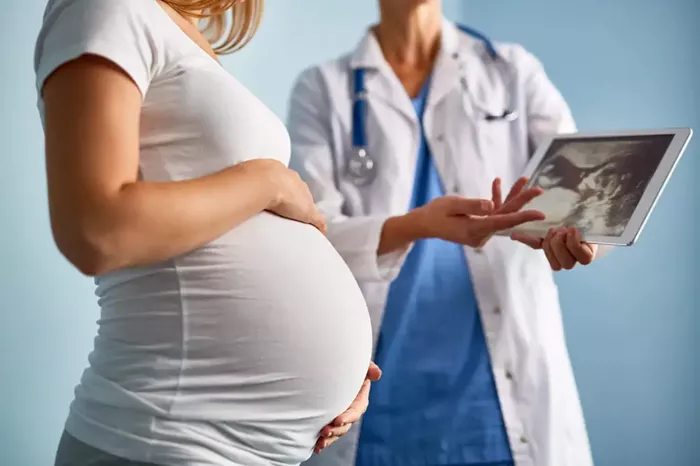A recent study in Nature Communications explores the neurological changes that occur during pregnancy, particularly in first-time mothers. The research shows how pregnancy influences brain structure, particularly in areas linked to self-awareness and social cognition.
The study tracked participants before, during, and after pregnancy. It found that the volume of gray matter (GM) in the brain decreases during late pregnancy but recovers postpartum. The changes follow a U-shaped pattern, with GM volume declining by 2.7% in the second trimester and 4.9% before delivery. However, it rebounds by 3.4% six months after birth. The hormonal changes caused by pregnancy, particularly fluctuations in estrogen levels, are believed to drive these changes.
Pregnancy is a transformative experience for women, with significant changes in both the body and the brain. Each year, over 140 million women around the world give birth, and previous studies have shown that the brain undergoes remodeling during this time. This remodeling is thought to support the mother’s role in raising a child.
The results showed that pregnancy causes significant changes in GM volume, especially in the Default Mode and Frontoparietal networks of the brain. These regions are associated with self-reflection and social interaction, which may prepare the brain for the challenges of motherhood.
Interestingly, while structural changes were noted, no significant changes occurred in functional connectivity, meaning the organization of brain networks remained stable despite the volume loss. The study also found that GM volume declined during pregnancy but began to recover postpartum, although it didn’t return to pre-pregnancy levels.
Hormone analysis revealed that two hormones, estriol sulfate and estrone sulfate, were strongly linked to these changes in GM volume. These hormones are involved in the body’s response to pregnancy, suggesting their role in the observed brain changes.
Another important finding was the role of maternal mental health in GM recovery. Women who reported better mental health after birth had more significant recovery in GM volume, which also influenced their attachment to the baby. However, postnatal depression and perceived stress did not appear to impact these brain changes or maternal affection.
Read more:
- The Best Vegetarian Diet For Expecting Mothers: A Complete Guide To Pregnancy Nutrition
- What To Eat During Pregnancy With Low Blood Pressure?
- What Pregnancy Is, How It Occurs


